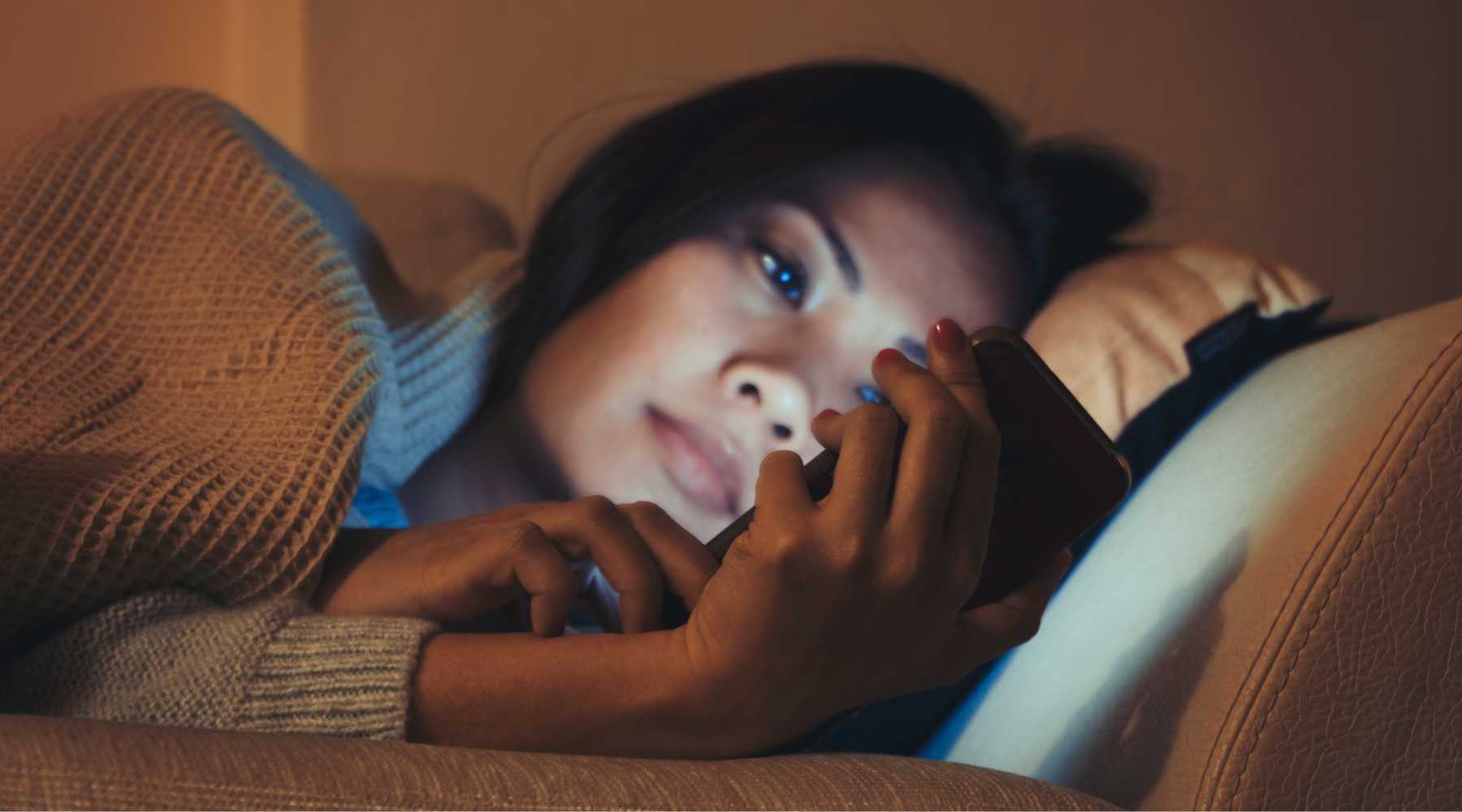
Why it’s time for a device detox before bed
Ever find yourself trapped in a cycle of scrolling through Instagram or binge-watching a Netflix series just before you plan to sleep? It might not always seem consequential, but the time you spend in front of screens can indeed affect your sleep quality.
Checking your latest notifications on Facebook or any screen activity before bed, as inviting as it may be, has been shown by studies to disturb sleep patterns by suppressing the secretion of melatonin, our body's sleep-inducing hormone. Under normal circumstances, the pineal gland within our brain starts releasing melatonin a few hours before sleep, with its levels peaking in the midnight hours. Screen light exposure before bedtime can diminish this crucial process, making us feel lively and alert when it's essential to calm down.
The core of the problem isn't the devices per se but the blue light they emit. This short-wavelength artificial light interferes with our natural sleep readiness and, if exposed to over an extended period, can alter your circadian rhythm. This adjustment can reduce the time spent in the crucial stages of slow-wave and REM sleep, which are essential for dreaming and cognitive functionality during the day.
Feeling like your daily screen time might be on the higher side? This moment might be ideal for considering a digital detox, which doesn’t necessarily mean you have to completely abstain from catching up on the latest Twitter updates but rather finding a healthier digital balance.
- Lay down limits: Prolonged engagement with gadgets can adversely affect sleep quality, more so in teenagers and young kids. To combat this, setting daily screen time limits is advisable. Numerous smartphones offer capabilities to track such usage and alert you as you approach your preset limit for the day.
- Establish a wind-down routine: Adhering to regular sleep times as an adult is essential for ensuring proper rest and keeping your internal clock in check. Turn off all electronic devices, along with winding down your own activities, an hour before bedtime. Use this period to engage in peaceful activities, whether it's taking a leisurely bath or listening to tranquil tunes.
- Bedroom = screen-free zone: It may appear that relaxing with television in bed is the optimal way to unwind, yet this habit can actually prolong the time it takes to fall asleep. For a more conducive sleep setting, all devices should be kept out of the bedroom, even those on charge.
- Use night mode: Engage night mode: Your devices likely include a 'night mode' setting, intended to decrease blue light emission during nighttime hours. Studies have indicated that a properly implemented night mode can help in reducing the suppression of melatonin, allowing for a more peaceful night's rest.
1Source: Ari Shechter, ‘Blocking nocturnal blue light for insomnia,’ ScienceDirect, 01/2018.
2Source: Ben Carter PhD, ‘Association between portable screen-based media device access or use and sleep outcomes,’ JAMA Network, December 2016.
3Source: R Nagare, ‘Does the iPad night shift mode reduce melatonin suppression?’ NCBI, 09/01/2018.






